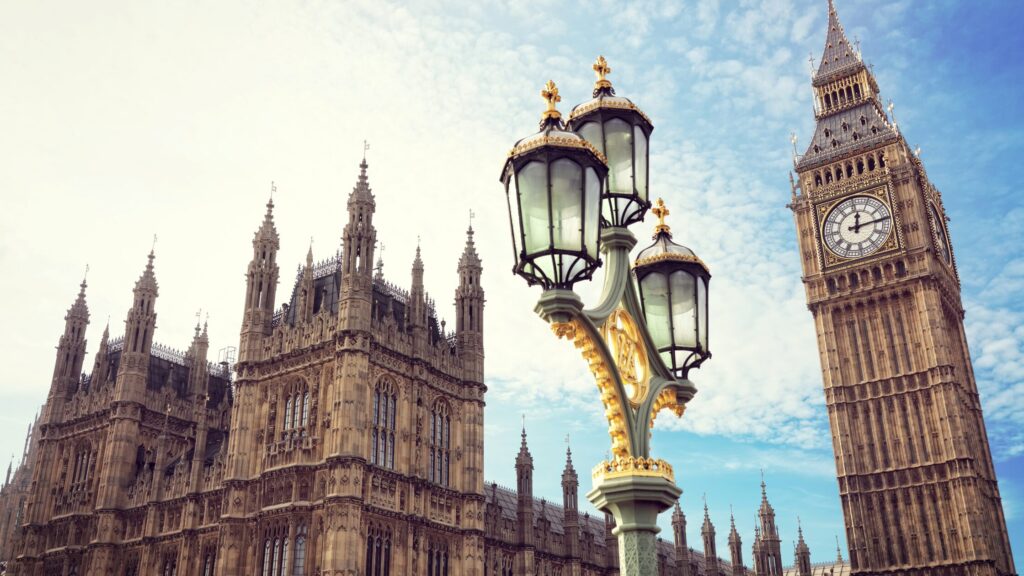Checked & unbalanced
10th December, 2021 I’m often educated by my law trained business partner as to…

Chancellor Rachel Reeves will deliver the 2025 Autumn Statement on Wednesday, 26th November. In the Statement, Reeves will outline the Government’s plans to strengthen the economy, update taxation policies, and manage public spending.
Tuesday morning (4th November) saw the Chancellor make an unexpected and unusual speech in Downing Street. The purpose of this was clearly designed to manage public expectations as Reeves signals towards the difficult decisions and “necessary choices” that we can expect to see later this month. During her speech, Reeves continued to not directly answer the question on what tax rises are coming, as she pre-empts her argument for her ‘ironclad’ commitment to fiscal rules outlined in the budget.
One thing was made crystal clear, tax rises are inevitable, but exactly where these will fall, is yet unclear.
The Autumn Statement is one of the UK Government’s most important financial events. It provides an update on the economy, spending priorities, and tax policies.
Although the Government will confirm the details at the end of November, experts predict the 2025 Autumn Budget will focus on the following key topics and potential changes:
The Conservative Government introduced the freeze on income tax thresholds in 2021, and it now generates significant revenue, often referred to as a “stealth tax.” By keeping thresholds like the £12,570 personal allowance fixed while wages rise with inflation, the policy pushes more taxpayers into higher bands and increases overall tax revenue. The Government has yet to rule out extending the freeze beyond its current 2028 end date.
In a bid to raise finance, Limited Liability Partnerships (LLPs) could find themselves facing significant tax changes. LLP members currently operate as self-employed, allowing them to avoid Employers’ National Insurance contributions. Removing this exemption would raise billions in tax revenue but would significantly increase costs for professional partnerships.
First announced in the 2024 Autumn Budget and confirmed in July 2025, the Government is pressing ahead with plans to tax most unused pension funds. At present, HMRC excludes unused pensions from an individual’s estate for Inheritance Tax (IHT) purposes.
However, from April 2027, new proposed legislation will bring unused defined contribution (DC) pensions into the scope of the taxable estate. This shift could have a major financial impact. Those leaving pension savings to loved ones could face a potential 40% tax charge if their total estate exceeds the IHT threshold.
In addition, the Government has hinted at introducing a lifetime cap on gifting as part of its wider strategy to curb inheritance tax avoidance. The rate of taper relief is also believed to be under review, suggesting further tightening of IHT planning opportunities.
Click here for more information on the 2027 Inheritance Tax changes on Pensions.
A potential rise in VAT is being widely speculated ahead of this year’s Autumn Budget, with the Government so far refusing to rule out the possibility.
The Autumn Statement influences decisions across every part of the economy. Understanding the changes early can help you:
Once the Chancellor delivers the Autumn Statement, our team will produce a clear, concise summary explaining what’s changing.
Sign up here to get your free copy of our 2025 Autumn Statement Summary & Analysis Guide.

 Article
Article
10th December, 2021 I’m often educated by my law trained business partner as to…
 Article
Article
2nd July, 2021 Crypto Tax- What can we learn from the US? Introduction The…
 Article
Article
Making Tax Digital (MTD): What It Means for Small Businesses and the Self-Employed If…
 Article
Article
As the end of the tax year approaches, many individuals and business owners begin…
 Article
Article
UK Recruiters Expanding to the US Over the past few years, a noticeable shift…
We’d love to hear from you!
Whether you simply have a quick question, or were seeking a more formal conversation to discuss your tax needs, drop your details here and we will be in touch! Alternatively, you can contact us on +44 (0)20 3468 0000.